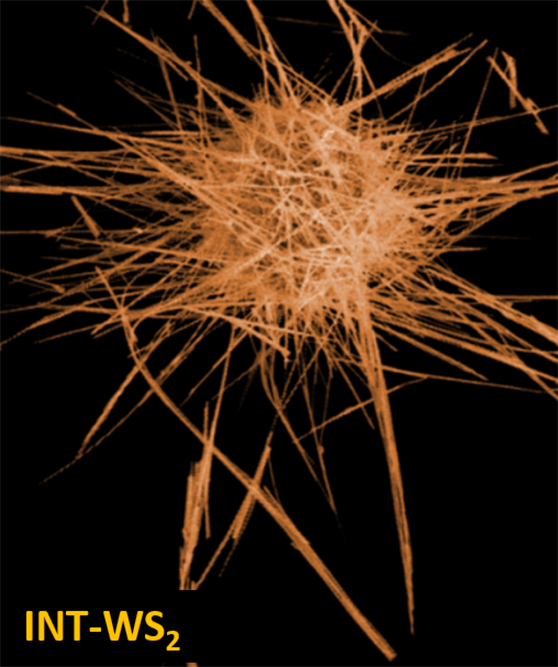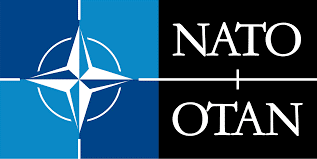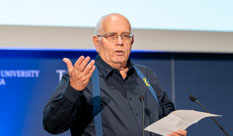More:
News & Stories
Recharging on the Battlefield
HIT’s Prof. Alla Zak’s lab makes technological advances with renewable, green, ultra-light, flexible, and wearable batteries.

Prof. Alla Zak, a senior lecturer in the Faculty of Sciences and the head of the Laboratory for Synthesis and Investigation of Nanomaterials, received a prestigious grant from NATO’s Emerging Security Challenges Division, Science for Peace and Security Programme – “Wearable Solar Cells as a Portable Electricity Source”.
Prof. Zak, together with four colleagues from well-known Italian research institutes, won the prestigious grant for the development of a renewable, green, ultra-light, flexible, and wearable solar cell that can be easily worn by soldiers on the ground. The cells are not only mobile but can also recharge themselves when the soldiers are outside during a mission. The cells are based on two of the most promising nanomaterials, graphene and inorganic nanotubes. The latter will be produced in Prof. Zak's lab on the HIT campus.
This innovative project will provide real solutions to the problem that oftentimes arises in military activities: recharging the energy source in challenging field conditions in which the energy supply is not accessible.
While wearable batteries do exist, they often break down in hot and humid environments, aren't environmentally friendly, and aren't efficient enough. The solar cells that are being developed, with the support of the NATO grant, by Dr. Zak and her Italian colleagues, could provide a new mobile platform for using solar energy even in the most challenging environments. They will also advance the current knowledge of the bulk photovoltaic effect (BPVE), which was discovered in inorganic nanotubes recently, and could ultimately lead to cheaper production of devices and more efficient and economic solutions.
The project's success stems from the extensive experience of the research teams: Prof. Alla Zak, director of the Nanomaterials Laboratories at HIT; Dr. Luca Camilli, University of Rome Tor Vergata; Prof. Maurizio Passacantando, University of L’Aquila, Coppito; Prof. Antonio Di Bartolomeo, University of Salerno, Fisciano; and Dr. Filippo Giubileo, National Research Council, Fisciano.

- News & Events
New Collaboration with Sheba Medical Center will qualify nurses to work in a digital environment.
Collaboration between HIT Holon Institute of Technology, the teaching authority of the Sheba Medical Center, and the Sheba-BEYOND virtual hospital will allow training nurses in Israel and around the world to work in a digital...



 Additional programs
Additional programs
